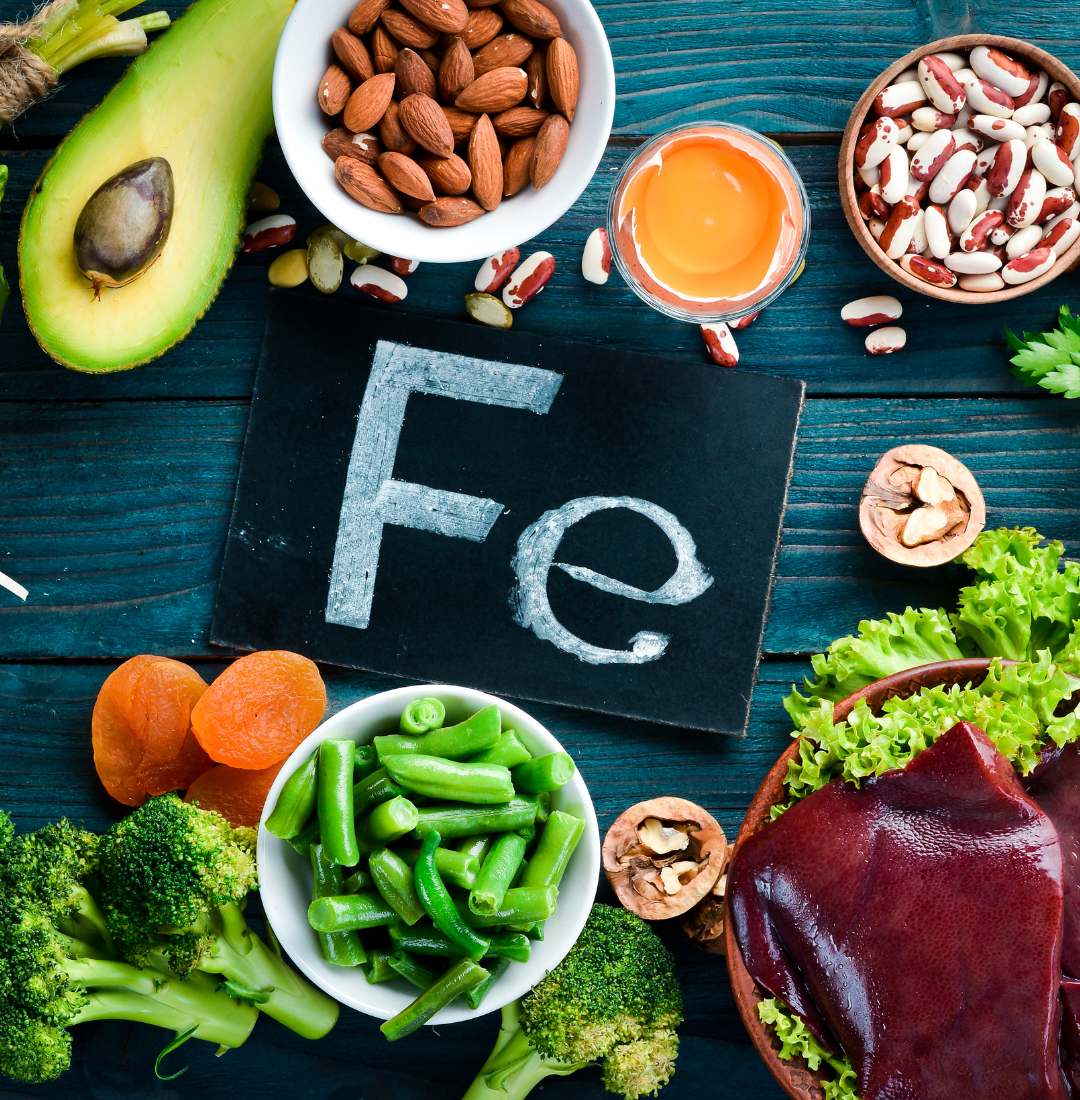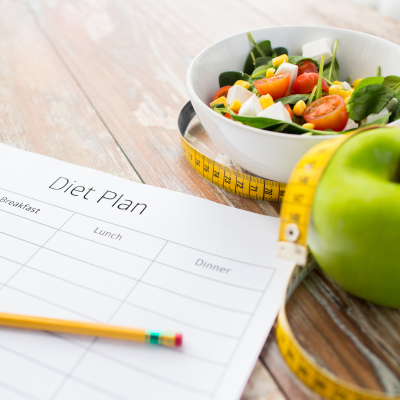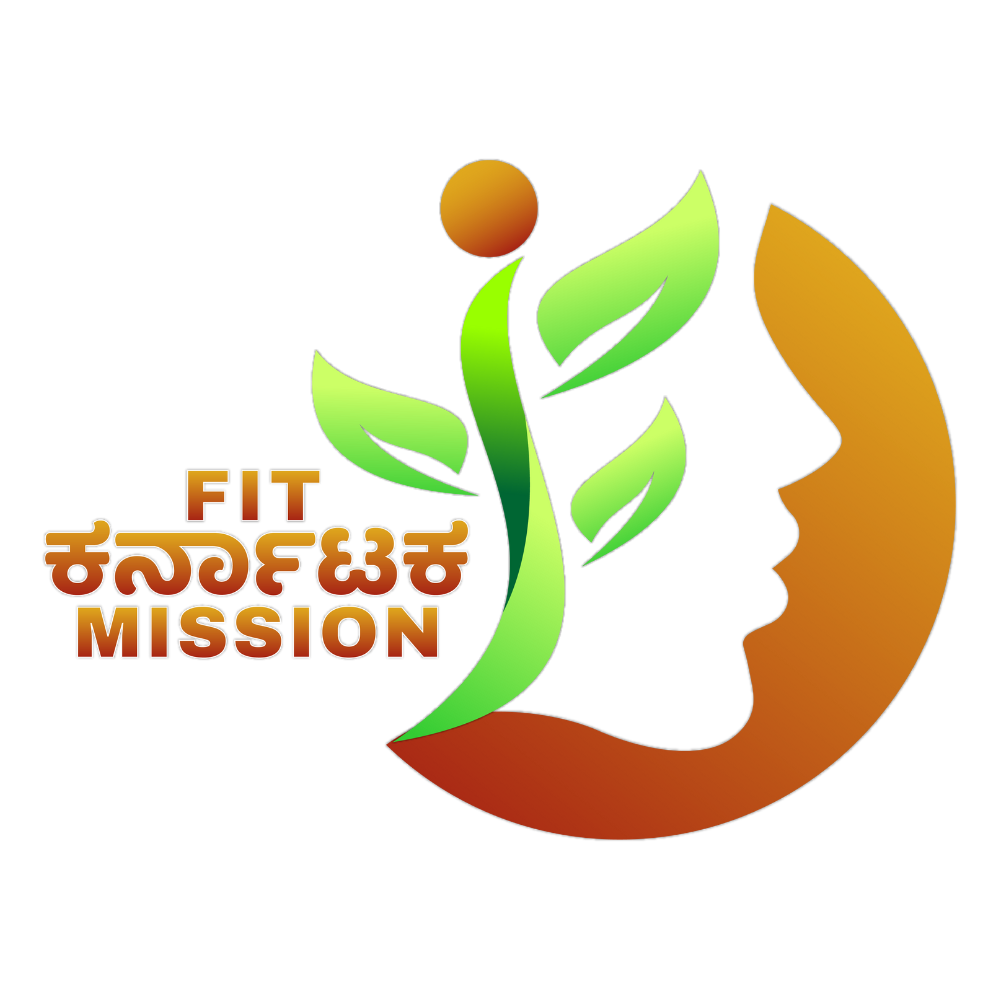
The Anemia Management Program at Fit Karnataka Mission provides a comprehensive approach to addressing anemia through targeted nutrition and lifestyle interventions. Anemia occurs when your body lacks enough healthy red blood cells to carry adequate oxygen to your tissues, leading to fatigue, weakness, shortness of breath, and even dizziness. The most common type, iron-deficiency anemia, is often caused by poor dietary intake, chronic blood loss, or malabsorption of iron. Other types of anemia include vitamin B12 and folate deficiency anemia, which also play critical roles in red blood cell production.
This program, led by clinical nutritionist Pooja Ganesh, focuses on replenishing iron levels naturally through a nutrient-rich diet. Key food recommendations include iron-rich foods like leafy greens, legumes, red meat, fortified cereals, and nuts, along with foods high in vitamin C to enhance iron absorption. The program also addresses potential deficiencies in vitamin B12 and folate, essential for red blood cell production, by recommending foods such as eggs, dairy, whole grains, and leafy vegetables.
In addition to dietary strategies, lifestyle changes such as improving sleep and stress management are included to enhance overall energy levels and well-being, offering long-term relief from anemia-related fatigue.
Why Opt for the Anemia program with us?
- Restore Iron Levels: The program focuses on boosting iron through a targeted diet rich in iron-rich foods and vitamin C for better absorption.
- Improve Energy and Vitality: By addressing the root cause of anemia, you can combat fatigue, weakness, and dizziness for better energy levels.
- Holistic Care: Includes lifestyle strategies such as stress reduction and better sleep to complement nutritional improvements.
- Personalized Approach: A tailored nutrition plan based on individual needs, whether it's iron deficiency, B12 deficiency, or folate deficiency.
- Expert Guidance: Receive expert care from an award-winning clinical nutritionist, ensuring a scientifically-backed, sustainable approach to anemia management.
Anemia
Award Winning Clinical Nutritionist

Nutritionist Pooja Ganesh
Meet our award-winning Clinical Nutritionist, renowned for transforming over 6000 lives with her holistic approach to nutrition. Specializing in weight loss, PCOD, Thyroid, Diabetes, Infertility, Pregnancy, and more, she has earned accolades as the Best Nutritionist of the year in Karnataka, receiving the prestigious Indian Icon Award 2023. With a passion for helping others achieve their health goals, she combines her expertise with personalized care to empower individuals on their journey to optimal health. Join the thousands who have already experienced life-changing results under her guidance.
What’s Inside for You?!

Delicious Weight Loss Recipes

Home Based Workout Videos

Weekly Follow Up

WhatsApp Assistance

Recordings on Healthy Lifestyle

Home Based Diet Plan
Anemia FAQs
Anemia is a condition where your body doesn't have enough healthy red blood cells to carry oxygen to your tissues, leading to fatigue and weakness.
The most common causes are iron deficiency, vitamin B12 deficiency, folate deficiency, chronic blood loss, or malabsorption of nutrients.
A balanced diet rich in iron, vitamin C, B12, and folate can help replenish nutrient levels and support the production of healthy red blood cells.
Foods rich in iron include red meat, spinach, lentils, beans, fortified cereals, and pumpkin seeds.
Yes, vitamin C enhances the absorption of non-heme iron (plant-based iron) found in foods like leafy greens and legumes.
Recovery times vary, but most people begin to see improvements in energy and symptoms within a few weeks to a few months of dietary changes.
Yes, untreated anemia can lead to complications such as heart problems, pregnancy issues, and in severe cases, it can affect organ function.
Yes, the program provides vegetarian and vegan-friendly sources of iron, such as lentils, tofu, quinoa, and dark leafy greens.
Yes, anemia can often be prevented by maintaining a balanced diet rich in iron, B12, folate, and other essential nutrients.
In some cases, supplements may be recommended if dietary intake alone is insufficient, but this will be evaluated on an individual basis during the program.
